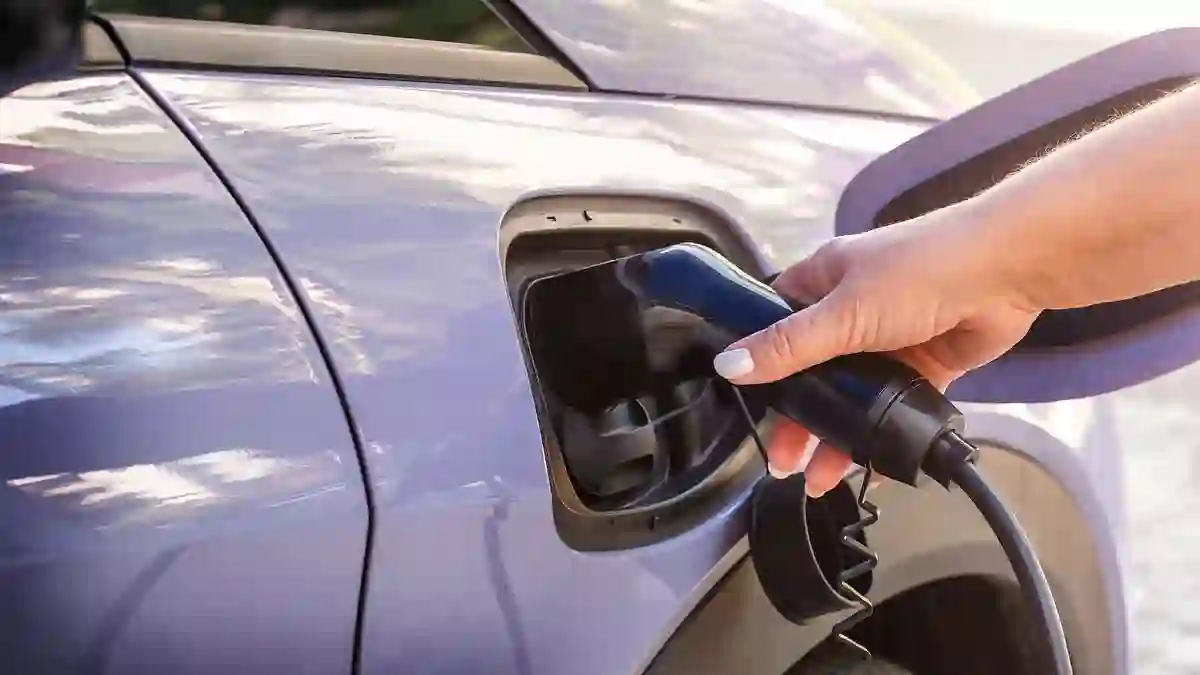Just a few years ago, the government pulled the plug on its electric vehicle (EV) incentives.
But now, in a major policy reversal, EV drivers are getting a second chance at serious savings.
This time, it’s Labour at the wheel.
Transport Secretary Heidi Alexander has announced a brand-new £650 million Electric Car Grant aimed at giving a much-needed boost to EV sales—and making electric cars more affordable for everyday drivers.
Who Gets the Money and How Much?
Not every EV will qualify for this new support.
Only fully electric vehicles with a recommended retail price (RRP) of £37,000 or less will be eligible for grants of up to £3,750.
But there’s a twist: it’s not just about the car’s price tag.
The grant system is tiered, meaning cars with greener manufacturing processes will get the higher subsidy.
So it’s not just about how clean the car runs—but how cleanly it was made.
When Does It Start and How Does It Work?
Although the scheme launches on Wednesday, July 16, buyers won’t immediately see discounts in showrooms.
That’s because manufacturers need to apply first to have their vehicles approved for the grant.
Once approved, the grants will be built into the purchase price—no extra paperwork for buyers.
So don’t rush off to the dealership just yet. Experts say it might take a few weeks before the first round of discounted cars becomes available.
What’s Different This Time Around?
This isn’t the first time the UK has tried to drive EV adoption.
The Plug-in Car Grant (PiCG) ran from 2011 to 2022 and helped almost half a million drivers buy electric or hybrid vehicles, slashing prices by up to £5,000 in its early days.
By the time it ended, the incentive had dwindled to £1,500 for only the cheapest EVs.
Still, the PiCG was widely seen as a success, helping kick-start the shift to cleaner vehicles.
Labour’s new ECG builds on that history—but with more focus on sustainability and a £3,750 top-end subsidy that’s better aligned with inflation and modern EV prices.
Why £37,000 Is the Cut-Off
The government wants to make EVs more accessible to private buyers—not just company fleets or those who can afford premium electric SUVs.
By capping the price at £37,000, the grant excludes luxury brands like Tesla and targets affordable models for regular families.
The hope is that financial incentives, combined with lower running costs and increasing EV range, will convince hesitant drivers to finally make the switch.
Two Tiers Based on Green Credentials
Here’s where things get technical.
Instead of a one-size-fits-all grant, the ECG uses a two-band structure:
-
Band One: The cleanest manufacturing processes qualify for the full £3,750
-
Band Two: Slightly less eco-friendly cars get a reduced grant (exact amount TBD)
Bands are calculated using something called the Science-Based Target system, which evaluates the carbon footprint of production—from battery assembly to final factory energy use.
And don’t expect UK-made cars to automatically qualify for top-tier benefits.
The Department for Transport says all vehicles will be judged equally, regardless of where they’re built.
Industry Reactions Have Been Overwhelmingly Positive
Car industry leaders are calling this a much-needed move.
The Society of Motor Manufacturers and Traders (SMMT) says this is exactly the kind of policy that could help quadruple EV sales by 2030.
The RAC’s Simon Williams called it “the shot-in-the-arm needed” to get more drivers behind the wheel of an EV.
He praised the grant’s focus on both savings and sustainability.
Ford UK said the grant would make their all-electric Puma Gen-E significantly more affordable.
Their managing director Lisa Brankin applauded the government for “finally listening” to consumer needs.
Five Affordable EVs Likely to Qualify for the Full Grant
While we’re waiting on official manufacturer approvals, here are five electric cars expected to meet the criteria—and get even cheaper with the ECG:
1. Renault 5 E-Tech
-
Starting from: £19,245 (after grant)
-
Range: up to 250 miles
-
A retro-styled EV with modern performance that’s already turning heads—and winning awards.
2. Nissan Leaf (All-New 2025 Version)
-
Estimated from: £26,250 (after grant)
-
Range: up to 375 miles
-
This UK-built crossover version could be a big winner under the new grant rules.
3. Citroën e-C3
-
Starting from: £18,345 (after grant)
-
Range: up to 199 miles
-
A compact but comfortable hatchback with space for five and some premium tech features.
4. Kia EV3
-
Starting from: £29,255 (after grant)
-
Range: up to 375 miles
-
With big range and SUV appeal, the EV3 could be a game-changer for family buyers.
5. Skoda Elroq
-
Starting from: £27,760 (after grant)
-
Range: up to 266 miles
-
A practical and spacious family car, offering great value under the ECG scheme.
A Final Word: Will It Work This Time?
If all goes to plan, the Electric Car Grant could be the push thousands of UK drivers need to go electric—especially as the 2030 ban on new petrol and diesel cars looms.
The key will be manufacturer participation and how fast dealers can roll out approved models.
With £650 million up for grabs and growing climate pressure, the countdown to cleaner roads has definitely restarted.



